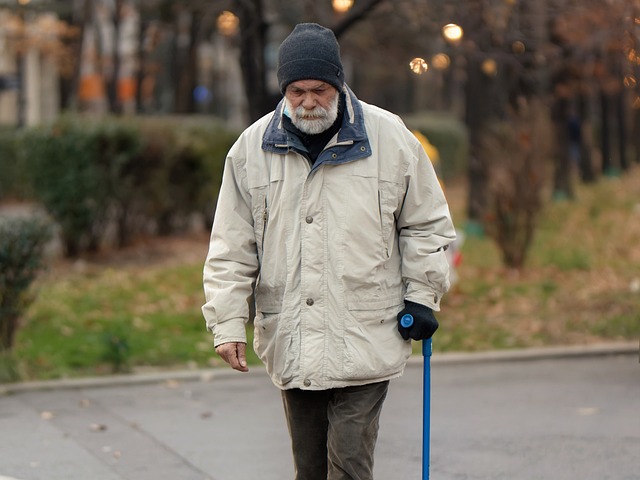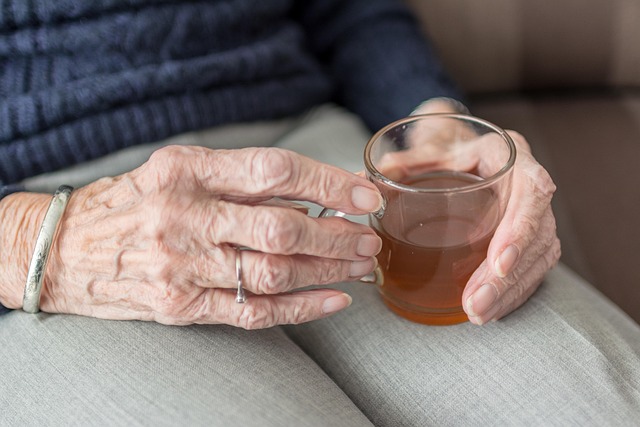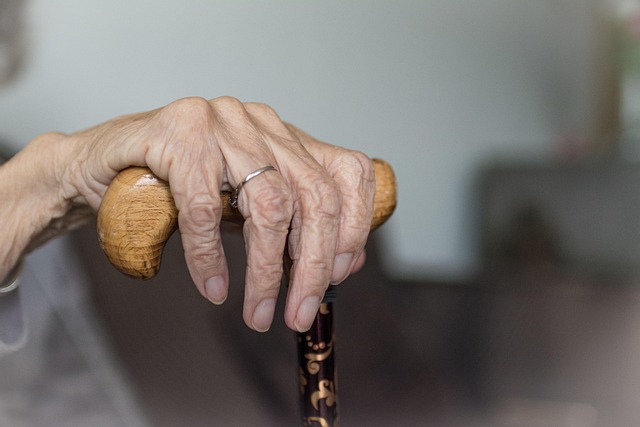Elderly Companion Services offer tailored support to seniors living independently, addressing both practical challenges (cleaning, cooking) and emotional needs. By providing companionship, managing medications, and enhancing safety through home modifications, these services promote independence and improve the quality of life for elderly individuals while mitigating age-related risks.
As our population ages, ensuring the well-being of seniors at home becomes paramount. This article explores the vital role of Elderly Companion Services in supporting independent living for the elderly. We delve into understanding the unique needs of this demographic and how companion services cater to them. By examining the benefits, we highlight their significant impact on enhancing quality of life for seniors, offering peace of mind for both them and their loved ones.
- Understanding the Needs of Elderly Individuals
- The Role of Companion Services in Senior Care
- Benefits and Impact on Quality of Life
Understanding the Needs of Elderly Individuals

Understanding the needs of elderly individuals is crucial when it comes to providing home maintenance assistance. As people age, their physical and cognitive abilities may decline, making daily tasks more challenging. This can include activities like cleaning, cooking, shopping, and even personal care. Elderly Companion Services play a vital role in addressing these challenges by offering tailored support that considers each senior’s unique circumstances.
By understanding the specific needs of elderly clients, companion services can provide not just practical assistance but also emotional support. This might involve helping with light housework, preparing nutritious meals, assisting with medication management, and even simply engaging in conversation to combat loneliness. Such personalized care ensures that seniors remain independent and comfortable in their own homes for as long as possible.
The Role of Companion Services in Senior Care

Elderly Companion Services play a pivotal role in enhancing the quality of life for seniors, especially those living alone. These services offer more than just companionship; they provide a safety net by assisting with daily tasks and ensuring the well-being of elderly individuals. From helping with household chores like cooking and cleaning to offering emotional support, companions fill a vital gap in senior care.
By connecting seniors with trained and caring companions, these services foster independence while mitigating the risks associated with aging. Whether it’s accompanying them during medical appointments or simply engaging in conversations, Elderly Companion Services create a supportive environment, enabling seniors to age gracefully and comfortably in their own homes.
Benefits and Impact on Quality of Life

Home maintenance assistance for seniors, often provided through elderly companion services, brings a multitude of benefits that significantly enhance their quality of life. By handling tasks like cleaning, cooking, and lawn care, these services not only alleviate physical burdens but also provide companionship, reducing feelings of isolation. The presence of a caring companion can stimulate mental engagement through conversation and social interaction, combatting cognitive decline often associated with aging.
Moreover, elderly companion services ensure safety by modifying homes to be more senior-friendly. This includes installing grab bars in bathrooms, adding non-slip flooring, and securing loose carpets—preventions that significantly decrease the risk of falls, a leading cause of injury among seniors. Such proactive care not only improves physical health but also instills a sense of security and independence, allowing seniors to age comfortably in their own homes.
Elderly individuals facing maintenance challenges can greatly benefit from Elderly Companion Services. By addressing their unique needs, these services enhance quality of life, promoting independence and well-being. Through companionship and practical assistance, seniors can navigate daily tasks with ease, ensuring a safer and more fulfilling home environment. This support is invaluable, allowing them to age gracefully in the comfort of their own homes.






